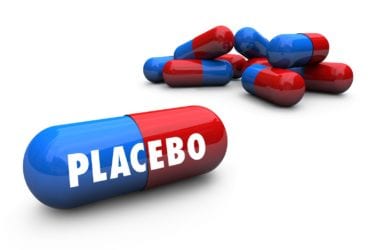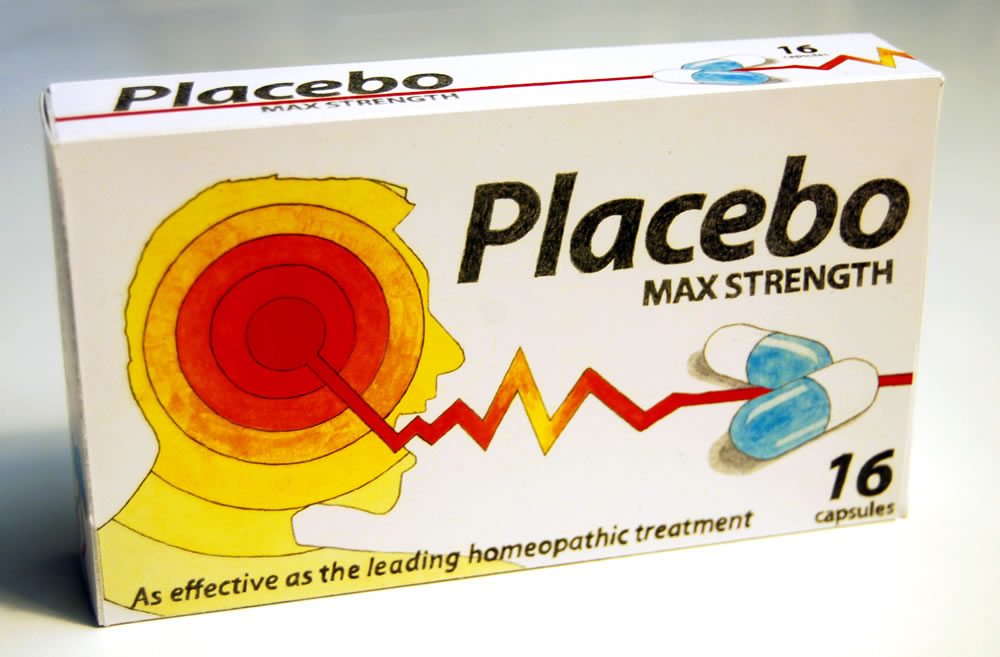Results for: "Ted Kaptchuk"

Dummy Medicine, Dummy Doctors, and a Dummy Degree, Part 2.3: Harvard Medical School and the Curious Case of Ted Kaptchuk, OMD (concluded)
A Loose End In the last post I wondered if Ted Kaptchuk, when he wrote the article titled “Effect of interpretive bias on clinical research,” had understood this implication of Bayes’s Theorem: that interpretations of most scientific investigations are exercises in inverse probability, and thus cannot logically be done without consideration of knowledge external to the investigation in question. I argued that...
Dummy Medicine, Dummy Doctors, and a Dummy Degree, Part 2.2: Harvard Medical School and the Curious Case of Ted Kaptchuk, OMD (cont. again)
“Strong Medicine”: Ted Kaptchuk and the Powerful Placebo At the beginning of the first edition of The Web that has no Weaver, published in 1983, author Ted Kaptchuk portended his eventual academic interest in the placebo: A story is told in China about a peasant who had worked as a maintenance man in a newly established Western missionary hospital. When he retired...

Dummy Medicine, Dummy Doctors, and a Dummy Degree, Part 2.1: Harvard Medical School and the Curious Case of Ted Kaptchuk, OMD (cont.)
Rave Reviews In 1983, Ted Kaptchuk, the senior author of the recent “albuterol vs. placebo” article, and soon to become the long-time Second-in-Command of the Harvard Medical School “CAM” program, published The Web that Has No Weaver: The book received rave reviews: A major advance toward the synthesis of Western and Eastern theory. It will stimulate all practitioners to expand their understanding...
Dummy Medicine, Dummy Doctors, and a Dummy Degree, Part 2.0: Harvard Medical School and the Curious Case of Ted Kaptchuk, OMD
Review The recent albuterol vs. placebo trial reported in the New England Journal of Medicine (NEJM) found that experimental subjects with asthma experienced substantial, measured improvements in lung function after inhaling albuterol, but not after inhaling placebo, undergoing sham acupuncture, or “no treatment.” It also found that the same subjects reported having felt substantially improved after either albuterol or each of the...

Ivermectin booster Dr. Tess Lawrie goes all-in for homeopathy for COVID and long COVID
Tess Lawrie has been promoting ivermectin for COVID-19 for two and a half years. Of late, she has becoming more of a general multipurpose quack, promoting ivermectin to treat cancer. Now she's promoting homeopathy for COVID and long COVID while a Research Fellow at St. Mary's University Twickenham. What does this tell us about medicine?

A world-renowned placebo researcher asks, “Does placebo research boost pseudoscience?”
Professor Fabrizio Benedetti is the most famous and almost certainly also the most influential researcher investigating the physiology of placebo effects. In a recent commentary, he asks whether placebo research is fueling quackery, as quacks co-opt its results. The answer to that question is certainly yes. A better question is: How do supporters of science counter the placebo narrative promoted by quacks,...

Are placebo effects genetically determined?
We frequently write about placebo effects here at SBM because understanding placebo effects is essential to understanding a lot of clinical trial science and, most relevant to the topics of this blog, how those promoting unscientific medicine misunderstand and misuse placebo effects to promote quackery. Last week, The NYT published an article asking if placebo effects are genetically determined. The evidence supporting...

The effort of integrative medicine advocates to co-opt the opioid crisis to claim non pharmacological treatments for pain as solely theirs continues apace
Last week, I wrote about how advocates for quackery were trying, and succeeding, at persuading state Medicaid agencies to pay for acupuncture for pain. This week, I discuss how they are promoting the integration of quackery with medicine. In this case, they are promoting a white paper and trying to influence the AHRQ.

Is the use of “Open-Label” Placebo Ethical in the Treatment of Children?
Is the use of "open-label" placebo ethical in pediatric medical care, or any care for that matter? A recent article in Pediatrics discussing this issue comes to a flawed conclusion based on a misunderstanding of placebo and of the literature on placebo without deception.


Placebo Effect Revisited
The New York Times and Ted Kaptchuk feed into more confusion about placebo effects.